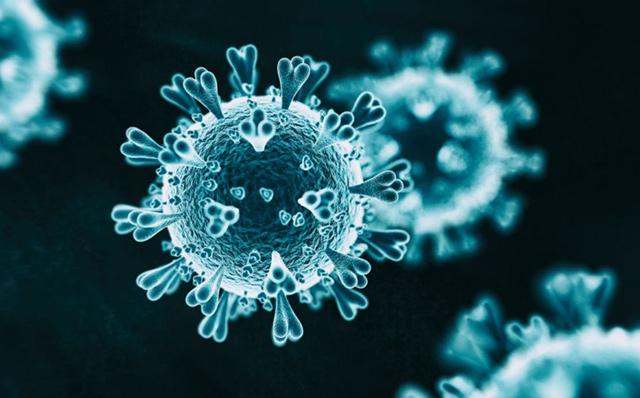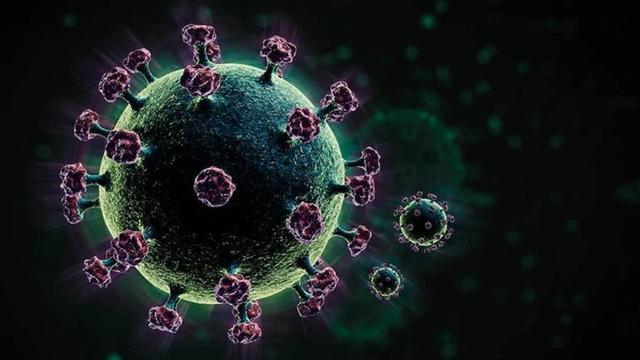You are here
What is known so far about new COVID variant Omicron
By AFP - Nov 29,2021 - Last updated at Nov 29,2021

A woman stands among a large collection of luggage as she uses her phone at Dulles International Airport in Dulles, Virginia, on Monday (AFP photo)
JOHANNESBURG — South African scientists have discovered a new COVID-19 variant with multiple mutations, Omicron, which is thought to be highly contagious.
The World Health Organisation (WHO) warned on Monday that the Omicron variant poses a “very high” risk globally.
Many countries are racing to try to contain it, banning flights from South Africa and neighbouring countries.
Scientists are also working round the clock to analyse the variant and try to understand its behaviour.
Here is a brief explainer of what is known so far about Omicron — days after it emerged — as shared by scientists.
It is currently unclear where the variant originated, but the variant was “first described in Botswana and shortly thereafter in South Africa”, according to top South African Epidemiologist Professor Salim Abdool Karim.
South African scientists went on to announce the discovery on November 25.
By that time cases had been detected in Hong Kong.
Days later at least 11 countries including Israel, Belgium, the UK, Netherlands, Italy, Canada and Portugal had found infections with the variant.
Scientists discovered the new variant with a “very unusual constellation of mutations” on November 23.
Some of the mutations are already known, affecting transmissibility and immune evasion, but many others are new.
The WHO said on Monday the strain is a “highly divergent variant with a high number of mutations... some of which are concerning and may be associated with immune escape potential and higher transmissibility”.
It has the “most mutations we have seen to date”, said Professor Mosa Moshabela, deputy vice chancellor of research and innovation at the University of KwaZulu-Natal.
He said “some of these mutations we have seen before like in Delta and Beta,” but others are new to scientists and “we don’t know what the combination of those mutations will translate into”.
Leading virologist Tulio de Oliveira said there were around 50 mutations overall, including 30 on the spike protein, the focus of most vaccines as it is what enables the virus to enter cells.
Official statistics show that nearly three-quarters of the COVID-19 cases reported in South Africa in recent days are driven by the new variant.
Although not all are Omicron cases, the daily COVID positivity rate rose last week from 3.6 per cent on Wednesday to 6.5 per cent on Thursday, and by Sunday it hit 9.8 per cent.
It is forecast that actual numbers of daily infections could treble to around 10,000 by the end of this week.
“Some of the mutations that are expressed have previously been shown to enable the virus to spread easily and quickly, and because of that we suspect that the [new variant] is going to spread quickly,” said Moshabela.
Some of the genetic mutations shown by the virus are known to enable the virus to evade immunity.
It is still unclear what the impact will be on the protection provided by vaccines.
But “based on what we know, the vaccines should hold well in terms of preventing hospitalisation and severe disease because they depend on T-cell immunity and less on antibodies”, said Karim.
As for the severity of disease caused by the variant, scientists say there is not enough data yet.
Related Articles
PARIS — Several coronavirus variants with the potential to be more transmissible have caused global concern over whether existing vaccines w
SCHIPHOL, Netherlands — Fears mounted Saturday that a highly-infectious new coronavirus strain was pushing its way into Europe as the world
PARIS — The emergence of several, more infectious strains of the novel coronavirus SARS-CoV-2 has worried governments and scientists, who ar


















